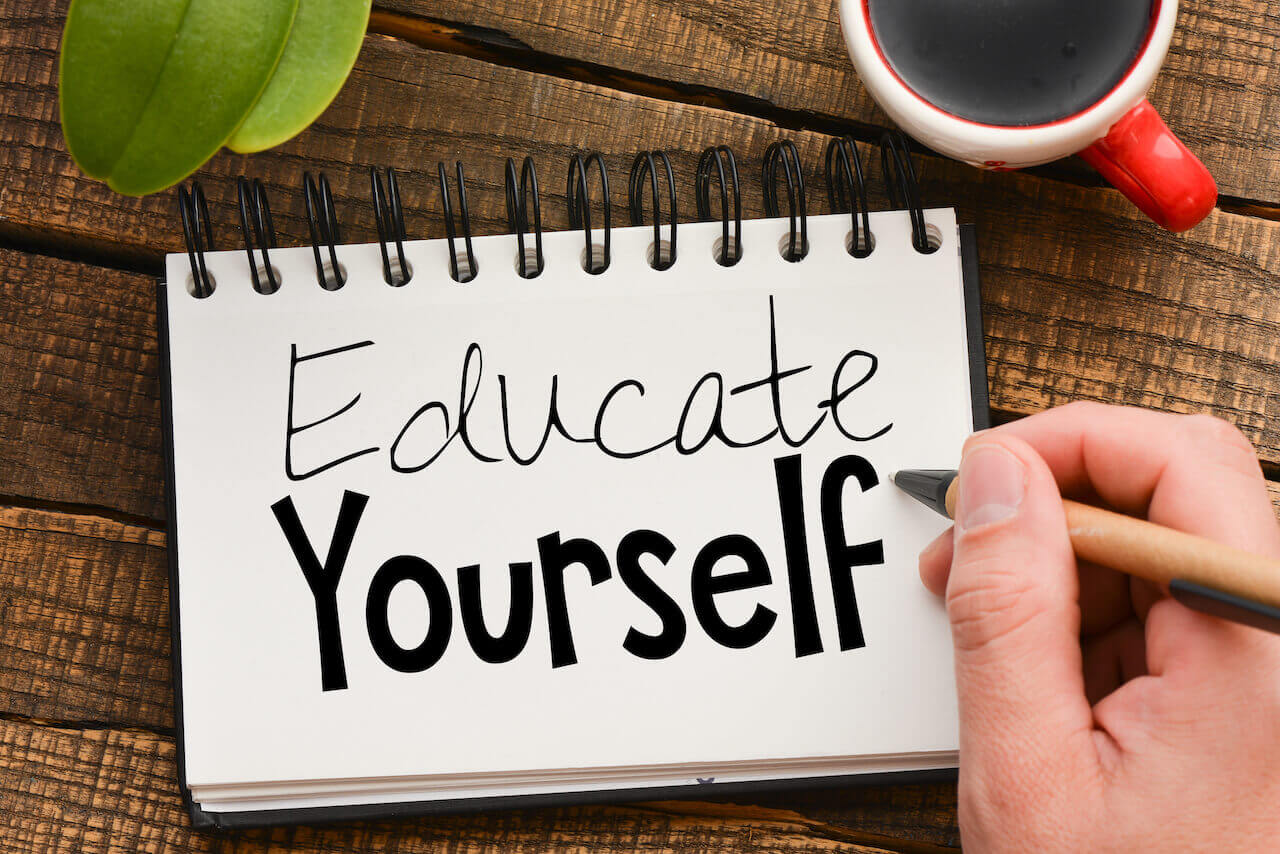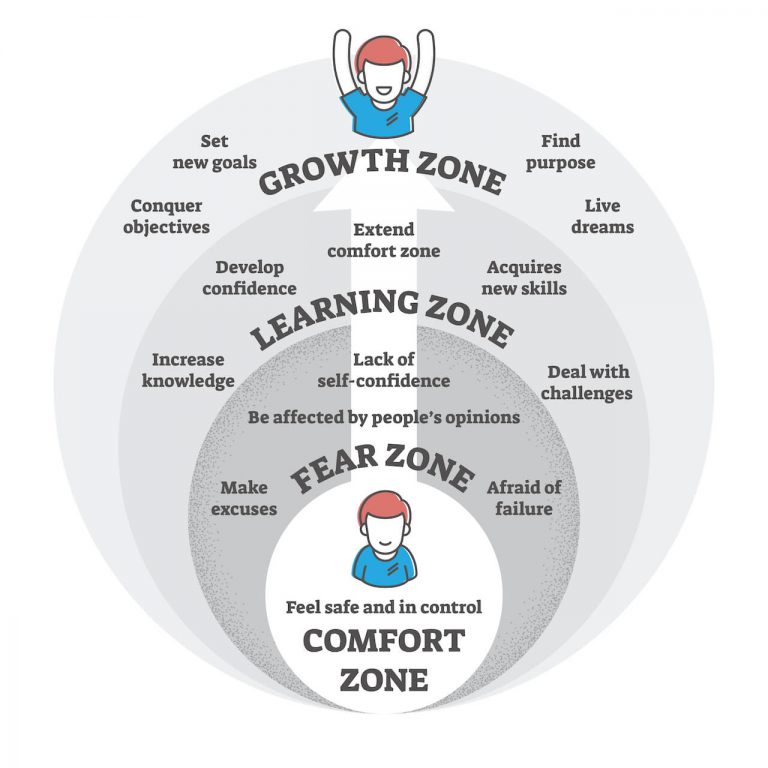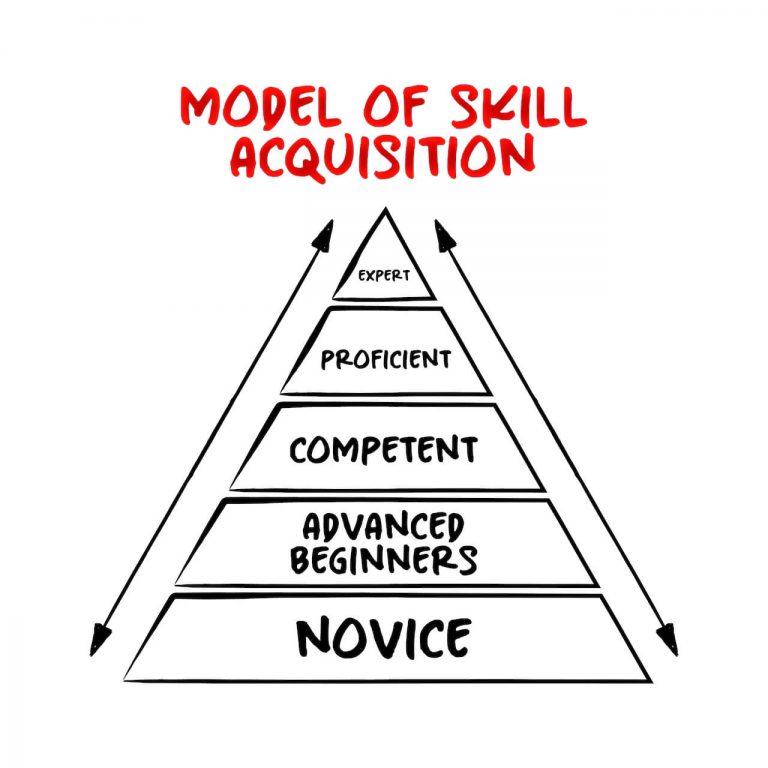How To Educate Yourself – Expert Tips
Why should you continue your education?
Education doesn’t stop once you finish your formal education at school and college. In every new job role and life experience, we are always learning something new. Deciding to self-educate as an adult doesn’t have to be daunting.
There are many reasons why continuing your education is a great idea. Our brains are a muscle and need exercise to keep working at their best. Nourish your mind with new knowledge and new learning experiences. New learning increases the brain’s plasticity, which encourages flexible thinking and new ideas. Also, by challenging your brain regularly you can help to prevent the onset of brain disorders such as Dementia.
Should you take free courses?
Gaining further education could also help you progress in your career with new training or understanding of your field. Alternatively, you could choose an entirely new subject and teach yourself through self-guided education.
There is so much information available to us online and in libraries. If you want to become an expert in something, there are many ways to educate yourself!
Ways to get started with self-education
News
Staying up to date with current news is a great way to improve your knowledge. Most news resources are available online for free. All it takes is half an hour per day to read what is happening in the world, and you will feel so much more informed.
It can be a great way to make conversation with family and friends. Send them interesting stories or articles that you can discuss with them later.
You can sign up to news outlets’ mailing lists so important stories are emailed to you each day.
Online Courses
There are thousands of websites that provide online courses. Some are free, and some require payment.
There are courses online about anything and everything you could want to learn. Explore the available options and see what suits you.
You could choose a short course every week to learn something new about a subject you have no knowledge in. Or you could choose longer courses to really delve into the details of something you are particularly interested in. The possibilities are endless.
Arts
There are many free or cheap classes you could attend. For example, many towns will have a weekly life drawing class. For a small charge, you could attend this every week and develop your drawing skills.
Plus, most people who host these classes are themselves proficient artists and can provide priceless advice to help you improve.
Art is also something you can easily continue at home, so get creative and teach yourself some artistic talents.
Employer
Many companies have a budget for their employees to gain further knowledge or attend courses. Speak with your employer or HR.
If you find something you are interested in, speak with your employer and show them how it will benefit the company or make you more proficient in your current role.
Perhaps you want to progress in the company to a management role, but have no experience in management. You could find an available leadership and management course and ask your employer to help fund this and ensure you have time available to attend.
If it will benefit the company, it is likely they will be willing to help you. All you have to do is ask!
Mentor
If you know someone who is an expert in their field or has a lot of experience with an area in which you wish to gain knowledge, ask them to mentor you. You could shadow them at their job or assist with the work they are doing and gain invaluable practical experience and knowledge firsthand.
Many people who are passionate about their work will find take great pleasure in inspiring people and can provide learning opportunities that wouldn’t be available to others.
Study tips for personal growth through self-education
Studying environment
Before you even start studying, you need to ensure you have an appropriate space for studying. Get yourself set up with a desk and comfortable chair in a well-lit environment, away from distractions.
Collect together everything you will need; pen, paper, computer, books, etc, and have the space set up ready so you get into study mode as soon as you sit down.
Studying while sitting on your bed or while watching TV is going just to make it harder to retain what you have learned.
Set goals
Set yourself goals to work towards. It can be hugely motivating and incentivizing if you have an end goal in mind and can easily track your progress towards it.
You could set daily goals to help you organize your daily routine, or more long-term goals to schedule your self-development plan over a more extended period.
Make sure these are measurable goals to track your progress and see how far you have come.
Also, ensure your goals are achievable. You don’t want to set yourself up to fail or struggle, as you will likely lose interest and want to stop your self-education.
Look things up
Often when studying you will find a word or phrase that you don’t understand. It might be a phrase that relates specifically to the field of study so you won’t have come across it before. Or, it might just be a word you don’t know the meaning of.
Look things up in a dictionary or online, so you have a better grasp of their meaning. Avoid just skirting over the unknown word or phrase, as this will just create gaps in your learning.
You could keep a record of any new word or phrase you learn and write them down to return to at the end of the day. This way you can really solidify your understanding.
Study everyday
Try to make studying a routine, so you do a little every day. It is better to study for 15 minutes each day than many hours only on one day. Studying every day helps you to ingrain your learning and retain the new information you have learned. At the end of each day of studying, try to reflect on what you have learned and summarize it on paper. This will help you retain more knowledge.
Make a schedule
It is a big commitment and will require perseverance if you really want to educate yourself in something entirely new. You might find it helpful to make a schedule so you have time allocated to your studies. It can take just a few minutes to create a weekly schedule and it can make a really positive difference to how well you learn and retain information.
Also, it ensures you utilize your free time. You don’t want your life to only focus on your education; it is important to take regular breaks and allow your brain to process your new skills and knowledge.
The importance of note-taking
As you watch an online class, attend a lecture or conduct research, take notes at the same time. It is a great way to absorb information and allows you to record it in your own words so it is easy to reread when you return to it later.
When you read printed resources, highlight important ideas as you come across them. Again, this helps with retaining information as well as making it easier to skim read to find specific points.
Use references
Wherever references are provided, use them! If there are scholarly articles related to your course, try to read these too. The best way to educate yourself is to search for all available information related to your field and aim to use each expert’s knowledge to help you build a comprehensive and evidence-based perspective.
Use different mediums
As well as taking an online course to improve your skills and knowledge, there are various other methods of learning you can participate in. It will depend on your individual learning style and what will work best for you.
If you are a very visual learner, you could try watching documentaries or youtube videos. Or, if you prefer to read the information yourself, there are endless books and journals available to expand your knowledge. If reading isn’t for you, you might be a huge fan of audiobooks and podcasts. They might be better ways to educate yourself if you struggle to do so while reading.
Or it could be a great idea to try all mediums available and discover what works for you. A lot of them are free, so search around on the internet for what’s available and take a deep dive into a plethora of new stuff.
Experts can provide valuable lessons
Watch videos and attend seminars of people who are experts in their field. It could provide invaluable knowledge that other students might not have heard.
There will be numerous people at your job, on your course, or teaching, who will be able to provide you with extra knowledge or ideas for research so talk to them. Ask them questions about a specific point they made or courses they recommend to educate yourself further.
Utilize all the resources you have access to and speak to other people as much as possible.
Question everything!
As you learn, don’t just blindly believe everything. Check the sources for the information you come across and any references they include.
Some information you come across could be incorrect, so be careful particularly when you search for information on the internet. If, as you read a particular paper or article, they make a point but they are the only ones who have written this, the likelihood is that it is not based on fact.
Question what you learn and ensure it is evidence and fact-based, whether written in journal articles, online videos, or an elementary school textbook.






